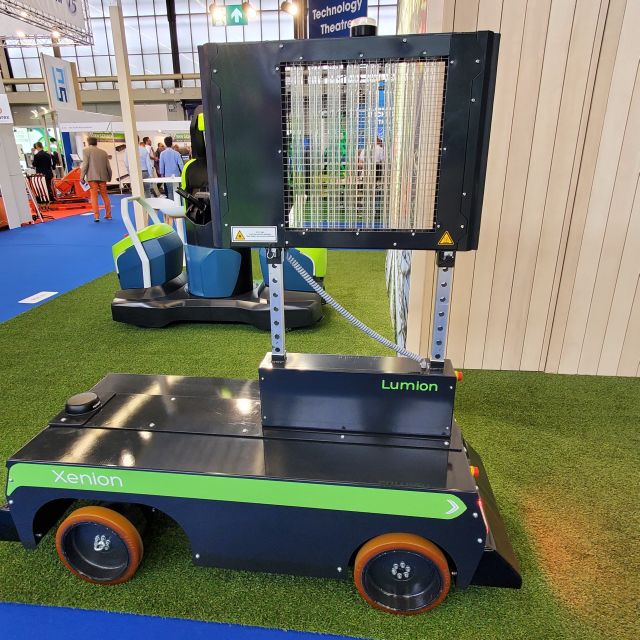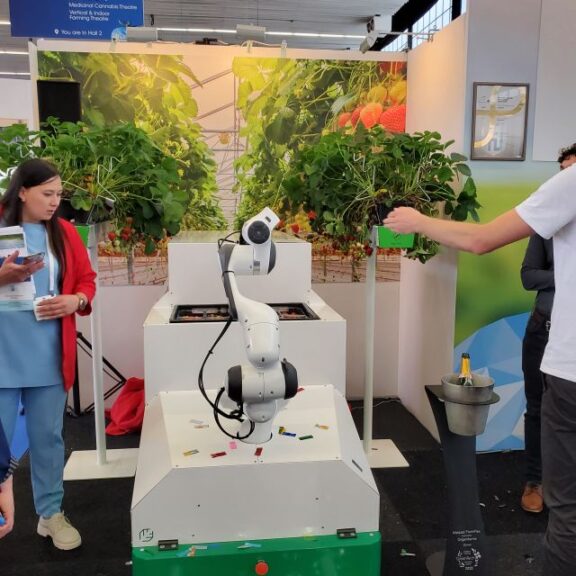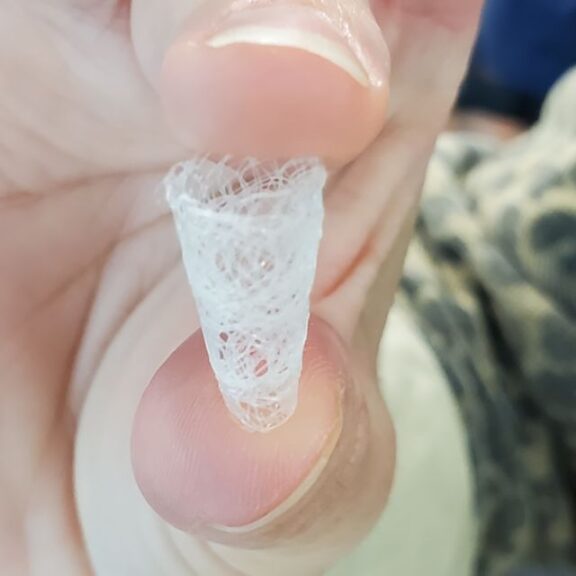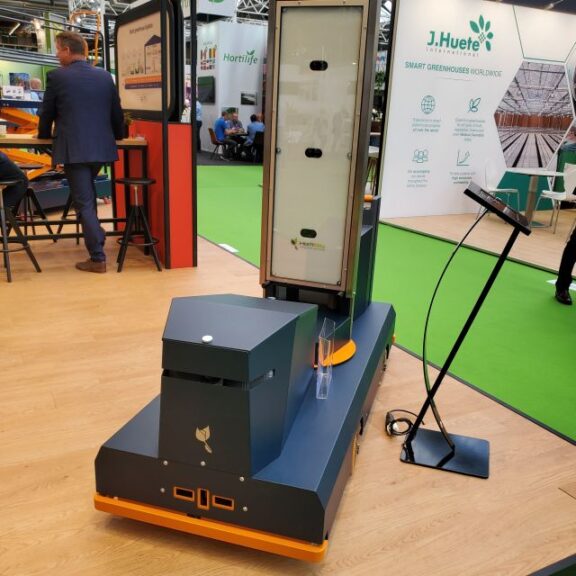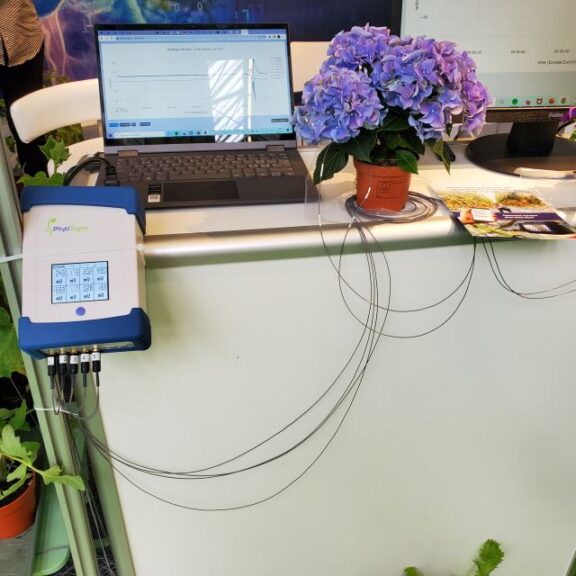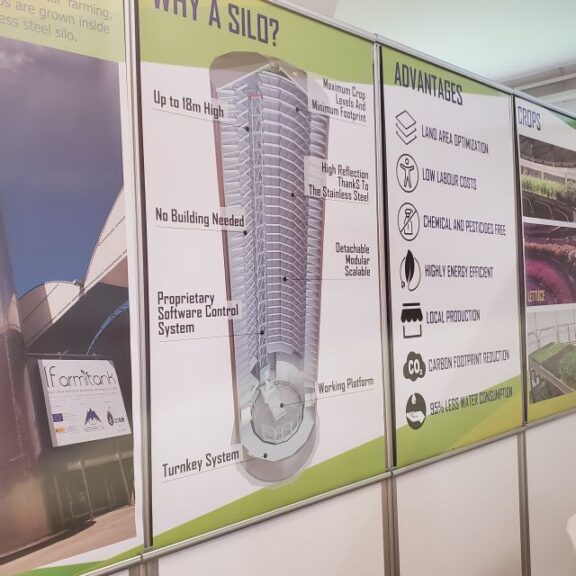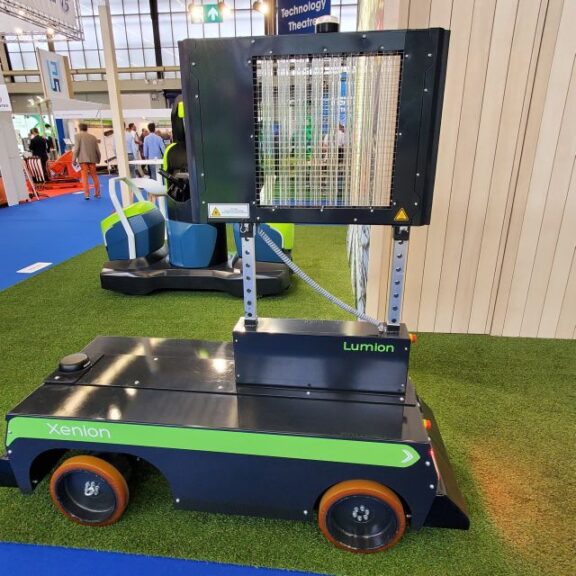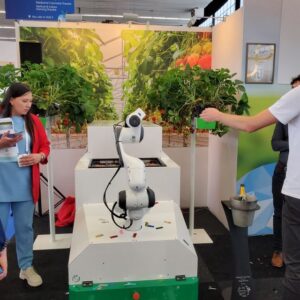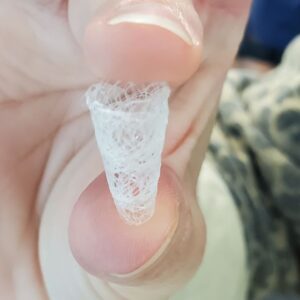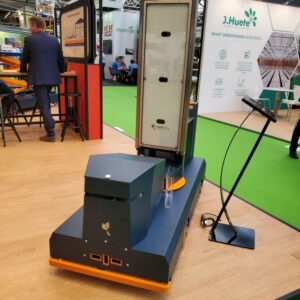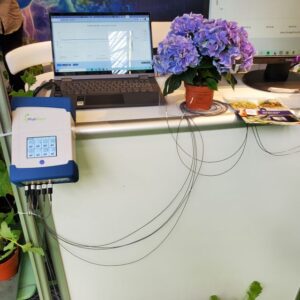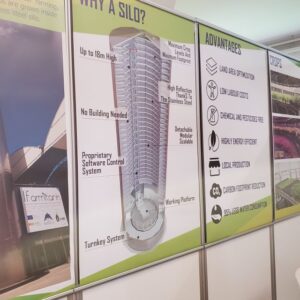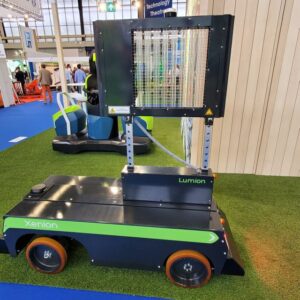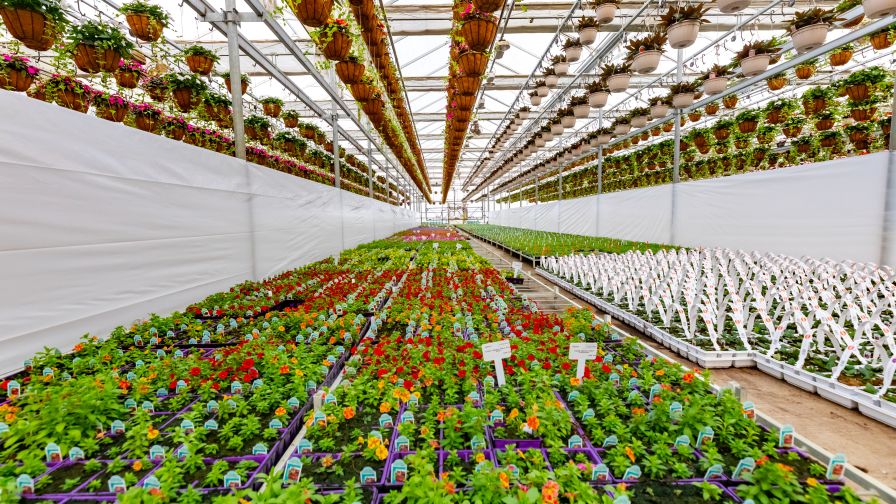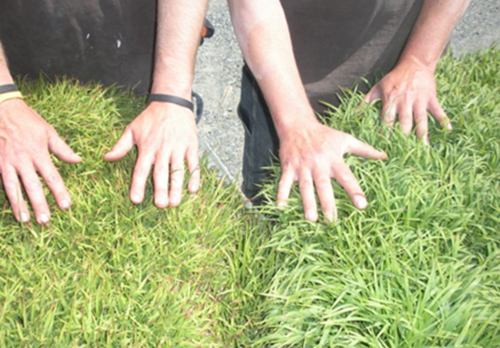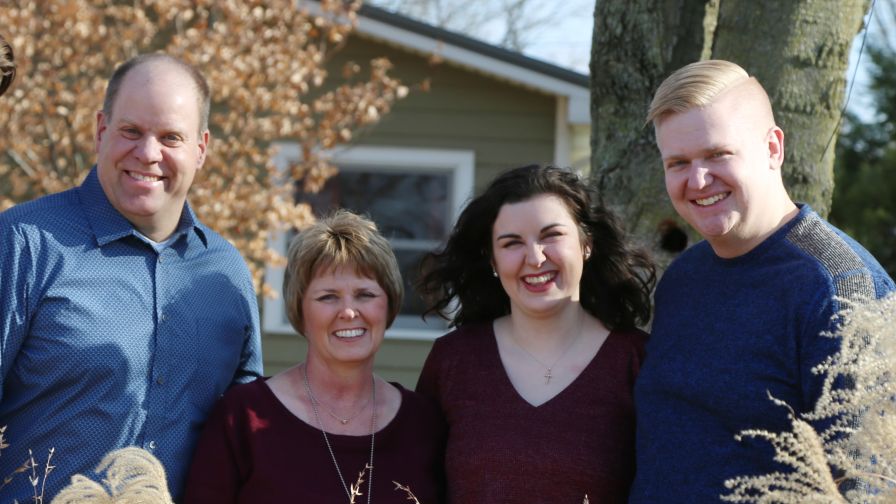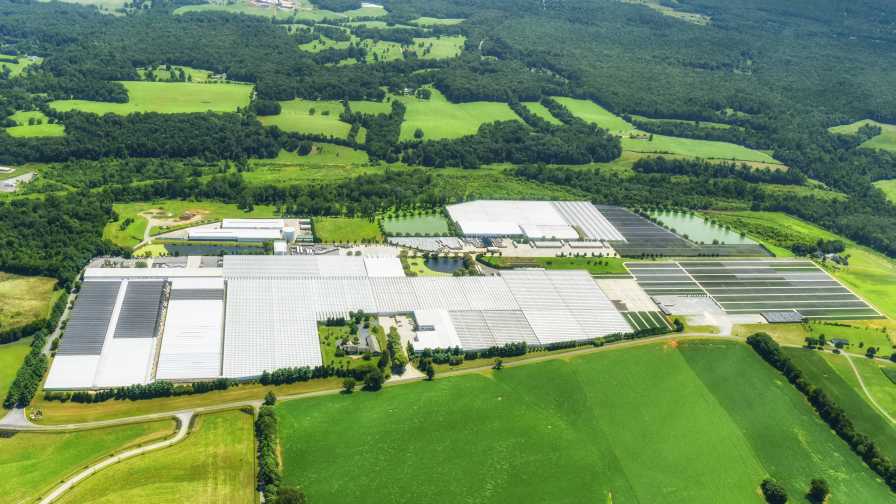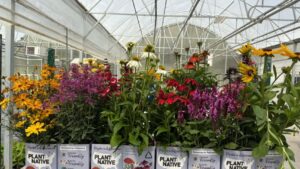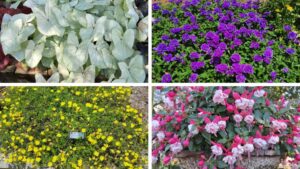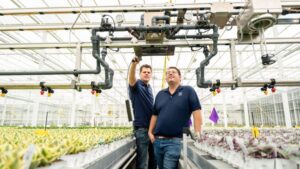Tech, Innovation, and the Future of Horticulture Culminate at GreenTech 2022
GreenTech, RAI’s premier technology show for the global horticulture community, has a reputation as the launching ground for the latest technologies and some of the most impressive robotics and automation innovations available for horticulture. This year’s show did not disappoint.
Exhibitors packed into GreenTech’s halls for the annual show hosted June 14-16 in Amsterdam. Attendees ranged from country delegates to investors, policymakers, growers, start-ups, and entrepreneurs, all of whom were there to reconnect and learn about the latest solutions and innovations for food and flower production.
With labor remaining a high priority for growers, it was no surprise that many of the innovations seen at the show centered on automation and offered labor-saving solutions. The six products we mention here barely dip into the breadth of currently available and future technologies featured on the show floor at GreenTech 2022, including this year’s Innovation Award winners.
Berry Picking Just Got Easier
Organicfarms won the GreenTech Concept award for BERRY, a harvesting robot for strawberries. With the help of image recognition software, BERRY can detect fruit ripeness, position, and quality. It harvests the fruit and delivers it safely to a punnet container for weighing and eventual sale.
As a side note, Belgium-based BioBest won the GreenTech Innovation award for its Micromus-System. The brown lacewing (Micromus angulatus) is a generalist predator of which both adults and larvae feed on common aphid species found in protected crops.
Automation for Tissue Culture
Tissue culture may be one of the best methods for producing exact replicas of plants without seeds, but the process is labor intensive, making it an ideal candidate for automation. The newest member of the Growcoon family of products from Klasmann-Deilmann now comes in a smaller size that allows for automation of tissue culture processes and makes them more sustainable. The biodegradable netting of the smaller Growcoon binds the root ball to create a protected, ideal growing environment where vulnerable, developing roots can thrive. The material is 100% clean and suitable for autoclave sterilization. The result is a uniform crop with fewer losses and much less manual labor.
Plantalyzer
No, this is not a breathalyzer for plants that have had a little too much to drink. The Plantalyzer, from HortiKey, is a unique combination of an autonomous robot with a vision system that counts and classifies the tomatoes on a plant. It drives itself through the greenhouse collecting data for the grower. It uses intelligent forecasting software to analyze the data to get accurate control information about harvest. In the future, the plan is for the Plantalyzer to also collect data on pests and diseases.
Plants Talk. Are You Listening?
Swiss-based deep tech start-up and electroceuticals pioneer Vivent is harnessing plants’ biosignals to deliver a unique monitoring technology for crop health. Its crop diagnostic solution called PhytlSigns processes plant electrical signals to diagnose crop stress before visual symptoms manifest. Bio-sensors attached to the plant stem record and analyze electrical signals emitted by the plants to quickly detect their responses to changes in their environment. This allows researchers to gain insights into plant physiology and can help growers optimize growing conditions while reducing interventions and inputs.
Are Silos the Future of Vertical Farming?
Farmitank is a modular, scalable indoor farming system that uses advanced technology to create ideal climatic and lighting conditions. Plant cultivation is carried out inside an isothermal stainless-steel tank that occupies an area of about 131 feet across and anywhere from 20 to 60 feet high, allowing for maximum cultivation surface in minimum occupied surface. It has an elevator system or work platform that allows all tasks to be carried out at their respective crop level. The elevator incorporates planting, transplanting, and harvesting systems to take automation to the cultivation levels. This cuts down on labor that would otherwise be used to move the crop to the work areas.
Meet Lumion
Dutch-Belgian technology company Octiva recently signed a collaboration agreement with German tech company Continental to develop autonomous mobile robotic solutions for horticultural applications. Lumion is Octiva’s implement for UV-C treatment to protect crops from powdery mildew. It leaves up to 51% less residue on the fruits and makes plants more resistant to pests and diseases in general.





